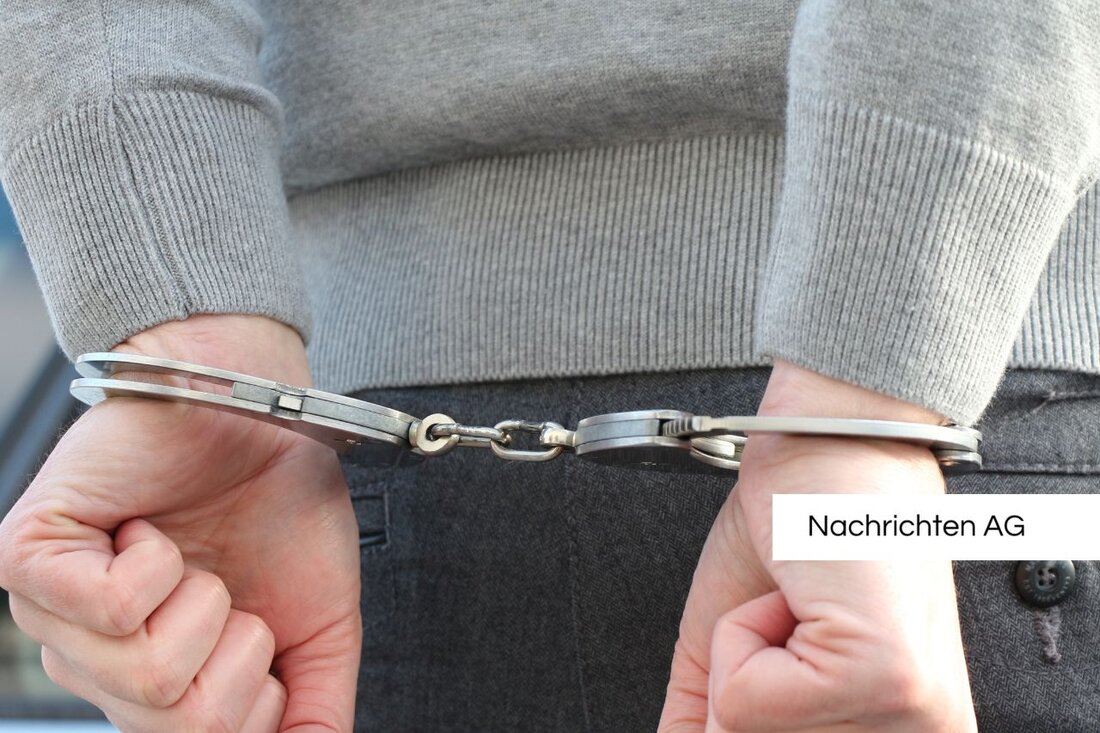Bishop Feige: Defending democracy – memories of June 17th!
Bishop Feige honors democracy on the anniversary of the 1953 popular uprising in Magdeburg Cathedral. Historian Kowalczuk criticizes romanticizations.

Bishop Feige: Defending democracy – memories of June 17th!
On June 17, 1953, there was an uprising in the GDR that went down in history. The popular uprising, as an important democratic mass movement, was recently honored by Bishop Gerhard Feige in Magdeburg Cathedral. On the occasion of the anniversary, he made it clear how important it is that every individual contributes to democracy. Feige called this day “memorable” and highlighted the challenges facing democracy today, as various reports confirm, including that of my-kirchenzeitung.de.
The uprising itself was the result of growing discontent in the GDR, sparked by an order to increase labor standards by 10%. This measure led to more than a million people taking to the streets in over 700 cities and towns on June 17, 1953. More than 100,000 people demonstrated in East Berlin demanding the resignation of the government, free elections and the withdrawal of the Soviets, reports Federal Archives.
The events of the popular uprising
The protesters, who had endured terrible things, stormed police stations, SED buildings and prisons. The paramilitary barracked people's police were overwhelmed by the situation. At around 1 p.m., the Soviet military commander ordered a state of emergency in much of the GDR. Ultimately, the brutal measures resulted in over 50, possibly even more than 100, people losing their lives and 15,000 being arrested. The GDR leadership, pressured by the protests, eventually rolled back the standard increases and improved living conditions by raising wages and promoting food production, as described by deutschlandmuseum.de clarified.
At the memorial event, Deputy Prime Minister Armin Willingmann (SPD) also expressed his concerns about the current state of democracy and warned of a potential loss. He emphasized that the problem of democracy does not only lie outside Germany. Historian Ilko-Sascha Kowalczuk, who grew up in the GDR, criticized romanticizations of the SED dictatorship. Kowalczuk, who also works as a project manager in the Stasi records archive, emphasized the need to defend democracy and was critical of the AfD and the BSW. He described Germany as one of the freest and safest countries.
A look into history
The events of June 17, 1953 represent a failed revolution, the history and consequences of which are now being explored in detail. The official interpretation of the uprising as a “fascist western coup attempt” shows how deep the divisions were between East and West. In the West, however, the uprising was seen as a symbol of the East Germans' desire for freedom, which ultimately led to June 17th being declared a public holiday in the Federal Republic of Germany as “German Unity Day”.
It has not been an easy path to democracy, and Bishop Feige's tribute reminds us that each of us is asked to stand up for the values we believe are important.

 Suche
Suche
 Mein Konto
Mein Konto